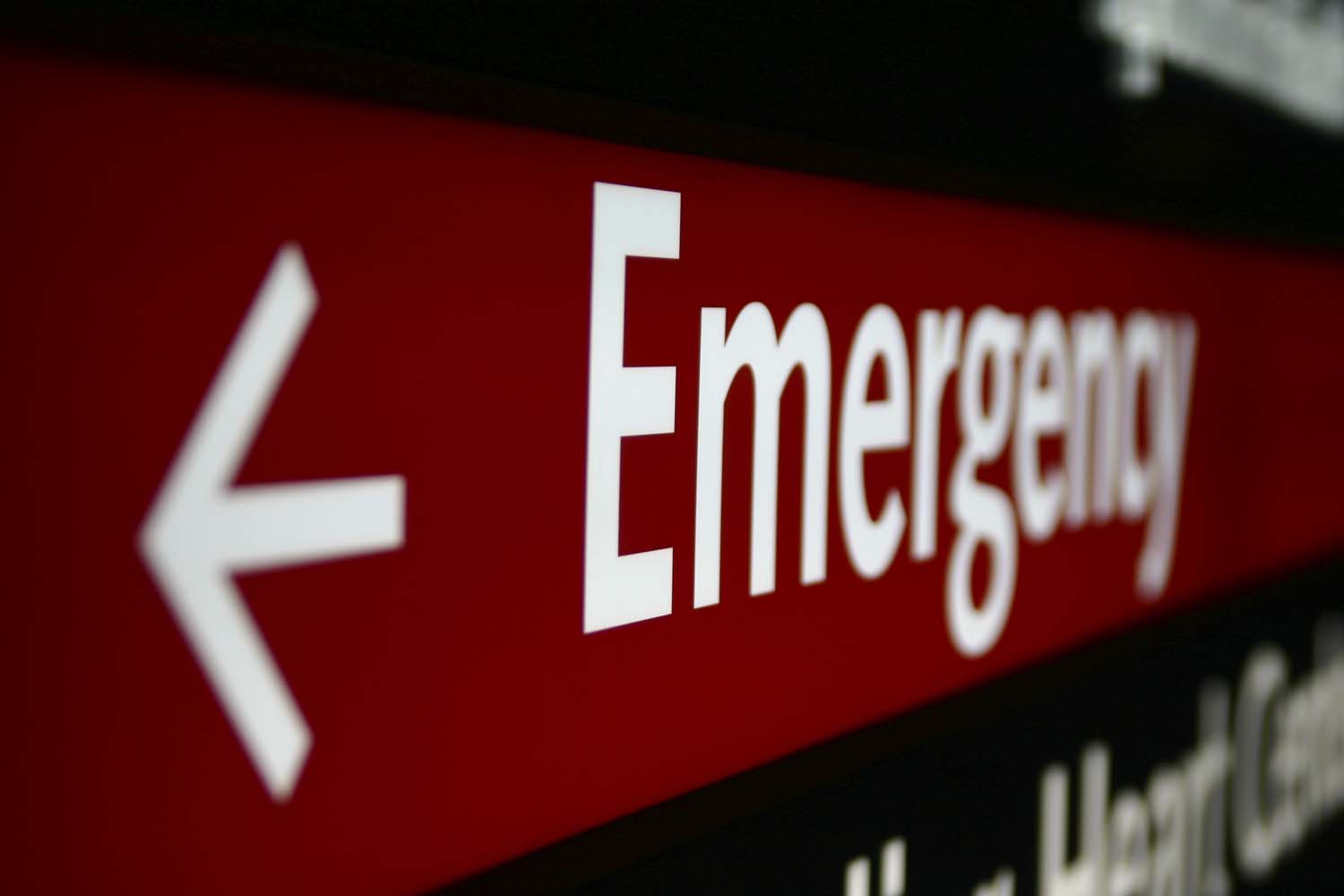Ain’t coincidence wonderful! There I was on the morning of Monday 21 February, planning to devote last week’s column to questioning the wisdom of the government’s plans to up-end our current health system by introducing a separate veto-bearing Maori Health Authority. By the end of the day I found myself admitted to the Diagnostic Unit of North Shore Hospital (hereinafter NSH) with a troublesome infection that would keep me there for the next seven days.
In the past few years, I have seen the inside of a few hospitals around Auckland. There was my heart attack in 1989 that had me in critical care at NSH. That was followed by a cardiac graft at Green Lane, follow-up at Auckland City, prostate gland removal at Southern Cross Wairau Valley, gastrointestinal bleeding at NSH, kidney removal at Brightside followed by cardiac monitoring at NSH. This has left me with three impressions:
- NSH is the best hospital I have ever been in;
- NSH is the very model of everything that the modern New Zealand community care hospital, or DHB whatever you want to call it, should be:
- Why are these compulsive meddling Marxist central control-freaks in the Labour Party planning to ‘fix’ a system that ain’t ‘broke’, and to divide it unnecessarily on a racist basis by establishing a separate Maori Health Authority – with a veto over what happens elsewhere across the whole health operation?
Lying in hospital for seven days, troubled not just by a UTI, but complicated by issues resulting from my one remaining kidney, atrial fibrillation and Paget’s disease, meant involvement with a range of medical disciplines, as well as blood tests, pressure tests and temperature readings.
There were also visits from tea ladies and the attention of various nurses as they came on shift – a total of many dozens of people during the week, going about their manifold duties. This enabled me to assess their attitudes of concern for patient welfare as well as their professional clinical efficiency. At NSH, they cannot be faulted.
Why on earth would the compulsive centralised control freak meddlers of Labour want to change something that obviously works so ideally?
Why are they not looking more closely at why NSH works so well, with the aim of repeating this consistently high standard across our whole nationwide DHB system? They could then correct whatever shortcomings there must be in other DHBs and hospitals to warrant the wholesale review of the whole system that they claim is needed.

My research into the source of NSH’s excellence has given me my answer: leadership.
It goes back to 1999 and the appointment of Dr Dale Bramley, who became CEO in 2011. Not just a highly credentialled physician (MBChB, MPH, MBA, FAFPHM, FNZCPHM) but highly qualified as a manager, entrepreneur and motivator (Master’s Degree in Business Administration [MBA] from Henley, United Kingdom, recipient of the international Harkness Fellowship.
In 2004 Dale was awarded a Harkness Fellowship in health policy. He worked from Mount Sinai Hospital in New York for the first six months; his chosen topic was Indigenous Disparities in Health Status: A Cross-Country Comparison of New Zealand, Australia, Canada and the United States.
Dale is currently the New Zealand Chief Examiner of the New Zealand College of Public Health Medicine and an Adjunct Professor at Auckland University of Technology (AUT). He is also a board member of the Health Quality and Safety Commission (a ministerial appointment).
Clearly, Dr Bramley leads by inspiration and example, and it shows in a team of healthworkers united in their dedication not just to serve their patients and next-of-kin, but also not to rest until they have met their every wish (frequent refrain: “Is there anything else I can do for you?”).
But wait! There’s more! Dr Bramley is Maori (the only Maori CEO of a DHB in the whole of New Zealand). As someone who has been on the fringe of Maori life in North Shore due to my 30 year-long-association with the former Hato Petera College and its associated Te Whanau Trust, I have never heard of Maori concerns related to NSH, such as those claimed by MP Willie Jackson as being grounds for his promotion of a separate Maori Health Authority. Why? Early on, Dr Bramley was inspired to appoint a Resident Adviser in tikanga: Dame Rangimarie Naida Glavish, the redoubtable Ngati Whatua kuia, a lady I have the privilege of knowing well, and just the down-to-earth person to ensure that potential problems with tangata whenua are settled promptly and amicably.
At Waitemata DHB, Maori issues are simply part and parcel of everyday mainstream issues. If every other DHB in the country were to adopt a similar system any perceived need for a separate Maori Health Authority would vanish.
What happens in the area of health care will be one of the principal battlegrounds in the run-up to the next General Election. It looks like being a classic ideological clash between the compulsive centralised control-freak zealotry of Labour to control everything from a Wellington ministry, versus the decentralised community hospital network favoured traditionally by the National Party.
All National has to do is to look closely at how Waitemata DHB in general, and North Shore Hospital in particular, work so well, and why, and to pledge to replicate that throughout the country. New Zealand and our healthcare system will be the winner.

